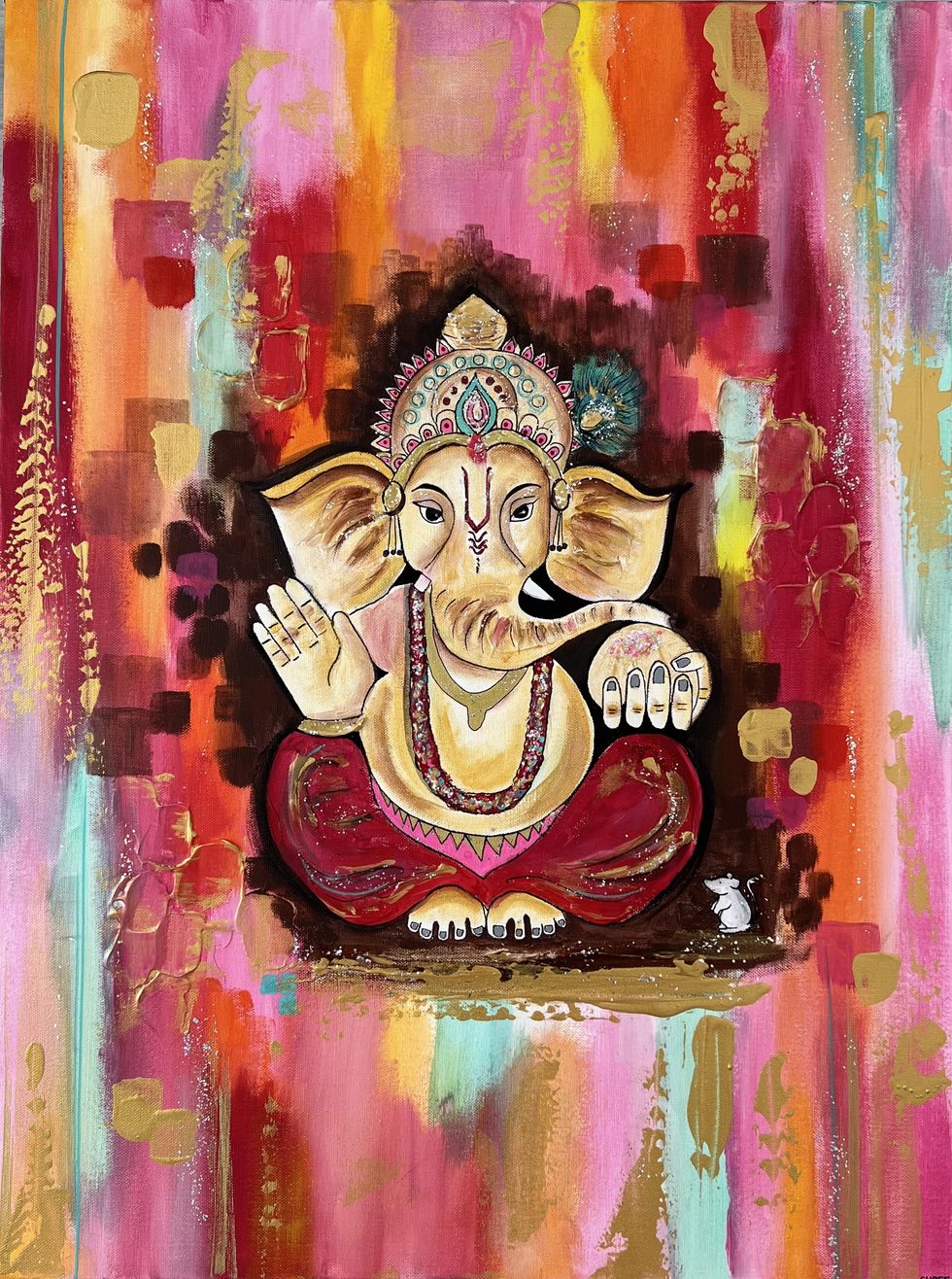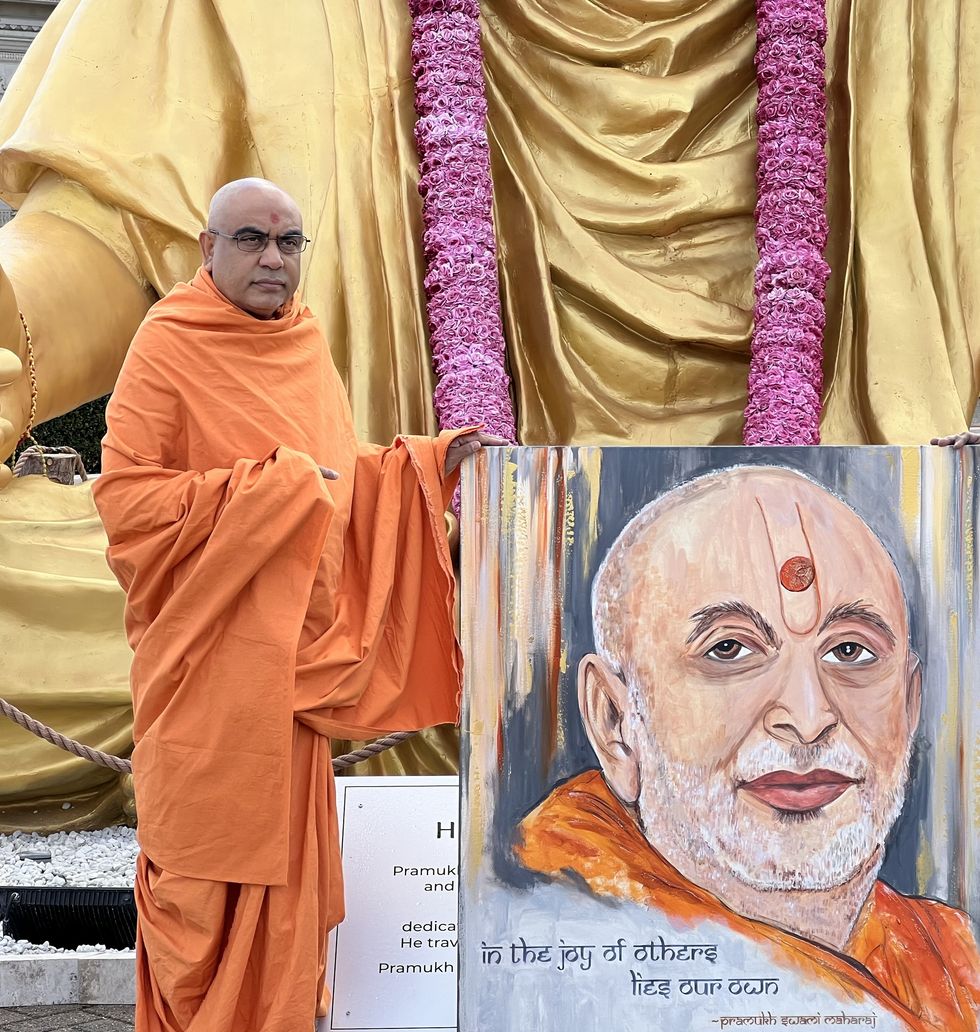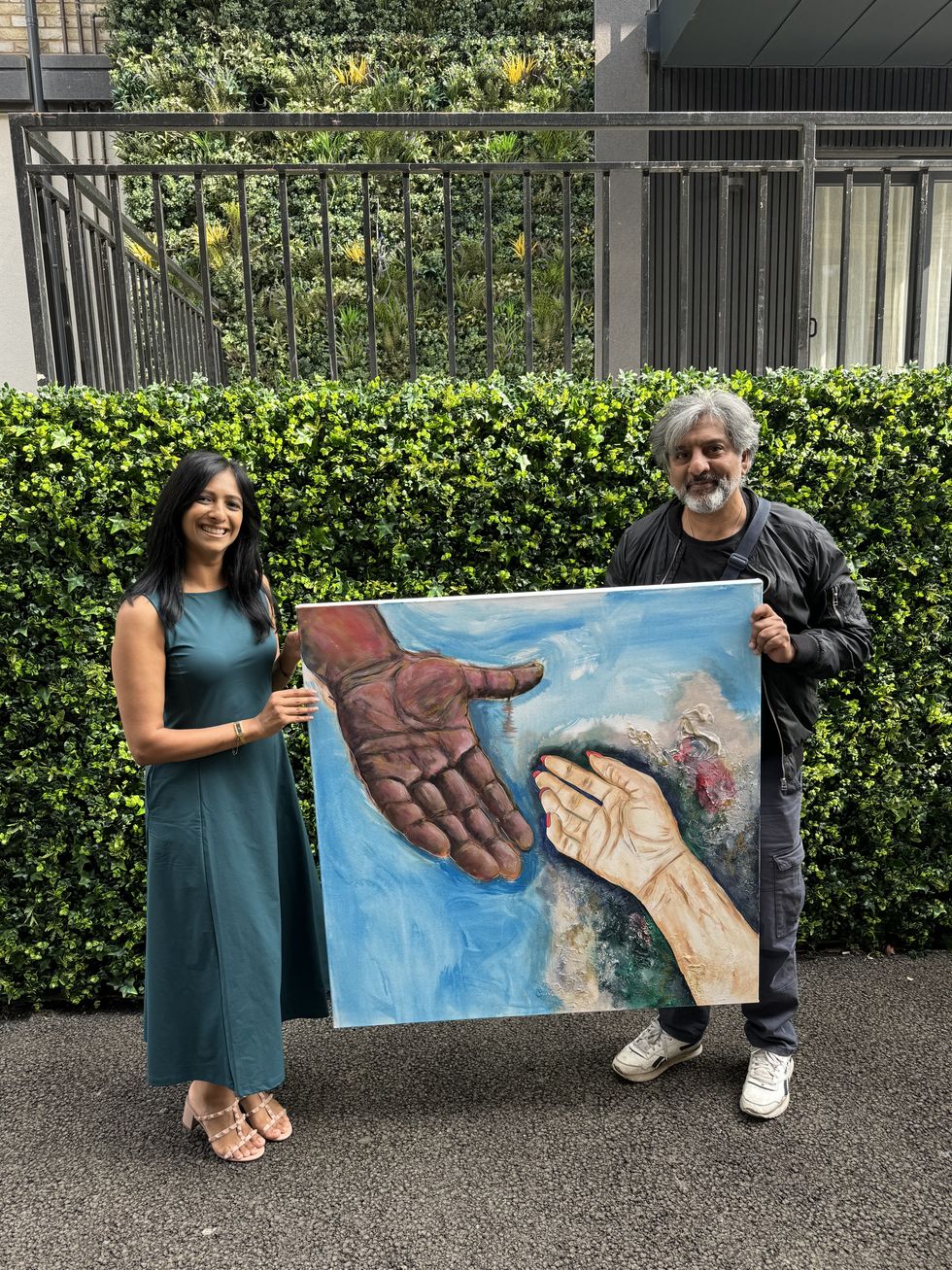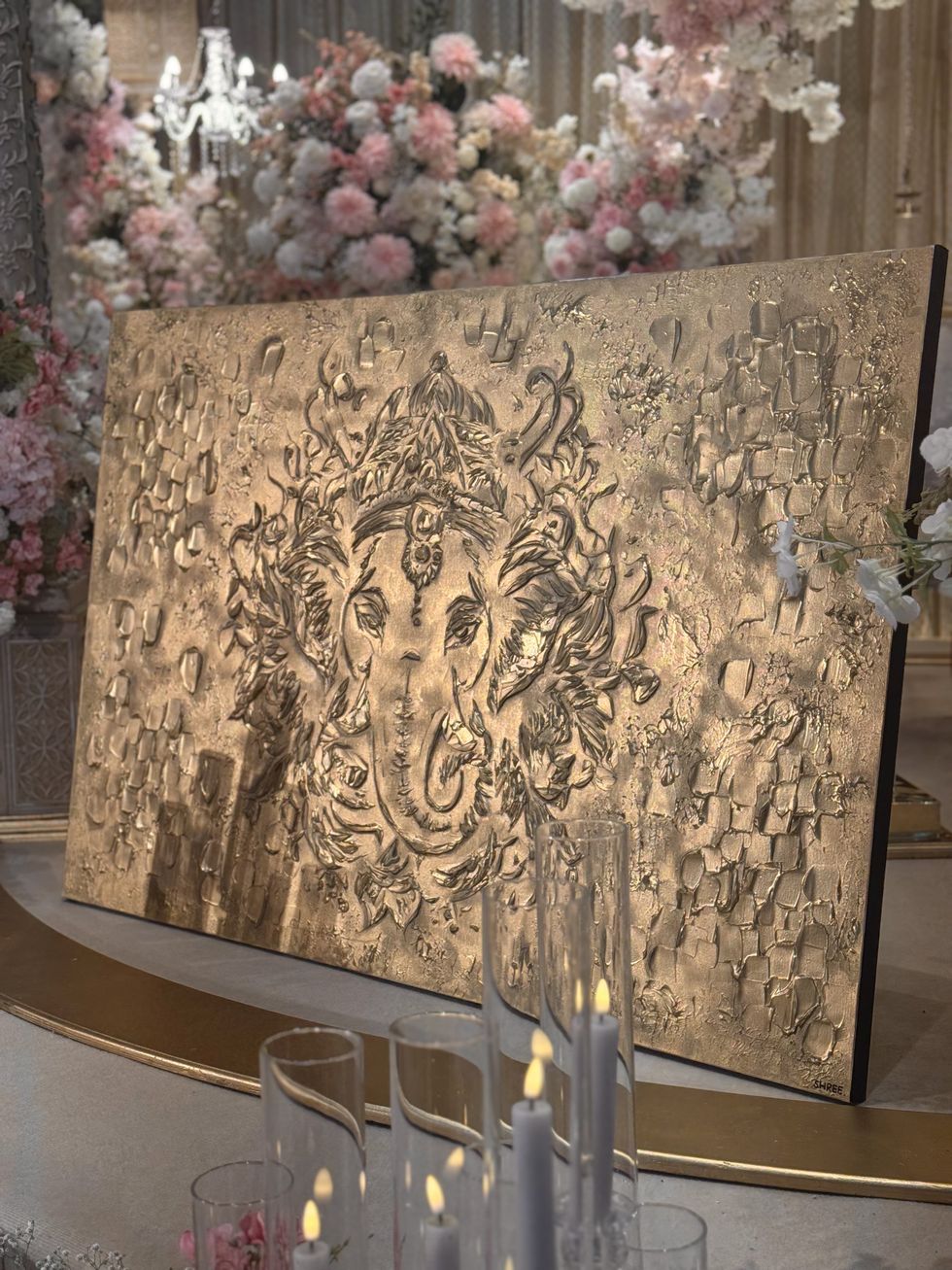Pakistan’s Ministry of Information and Broadcasting (MoIB) on Saturday issued a notification banning the nationwide release of filmmaker Saim Sadiq’s critically acclaimed film Joyland, alleging that it contains ‘highly objectionable material’ and defies the social norms of the Islamic Republic of Pakistan.
This comes months after the film, which won the Un Certain Regard Jury Prize when it premiered at this year’s Cannes film festival, obtained a censor certificate for public viewing. However, objections were recently raised over its contents.
Backed by Khoosat Films, Joyland is also Pakistan’s official entry to the Oscars. It was set to release theatrically across Pakistan on November 18th. On November 11th, Pakistan’s Ministry of Information and Broadcasting clearly stated that though the censor board gave a green signal to the film earlier, now they have revised their decision.
“Written complaints were received that the film contains highly objectionable material which do not conform with the social values and moral standards of our society and is clearly repugnant to the norms of ‘decency and morality’ as laid down in Section 9 of the Motion Picture Ordinance, 1979. The Federal Government declares the feature film titled Joyland as an uncertified film for the whole of Pakistan in the cinemas which fall under the jurisdiction of the CBFC with immediate effect,” the ministry said in the notification.
Filmmaker Sadiq and the team behind the film have called the ban “absolutely unconstitutional and illegal”. “Our film got seen and certified by all three censor boards in August 2022. The 18th amendment in the Pakistani constitution gives all provinces the autonomy to make their own decision. Yet the Ministry suddenly caved under pressure from a few extremist factions – who have not seen the film – and made a mockery of our federal censor board by rendering their decision irrelevant,” said the filmmaker in a statement.
Joyland revolves around a Pakistani family whose youngest son secretly joins an erotic dance theatre and falls in love with a trans woman.
Keep visiting this space over and again for more updates and reveals from the world of entertainment.
















 Prabhas in a still from Kalki 2898 AD which completed one yeargetty images
Prabhas in a still from Kalki 2898 AD which completed one yeargetty images Kalki 2898 AD became one of the top three biggest openers in Indian cinemagetty images
Kalki 2898 AD became one of the top three biggest openers in Indian cinemagetty images Kalki 2898 AD brought together sci-fi and mythology in a first-of-its-kind Indian filmgetty images
Kalki 2898 AD brought together sci-fi and mythology in a first-of-its-kind Indian filmgetty images Prabhas plays the futuristic warrior Bhairava in Kalki 2898 AD getty images
Prabhas plays the futuristic warrior Bhairava in Kalki 2898 AD getty images Prabhas in action during a high-intensity sequence from Kalki 2898 ADgetty images
Prabhas in action during a high-intensity sequence from Kalki 2898 ADgetty images
 Kulsuma Aktergetty images
Kulsuma Aktergetty images
 Shreena Patel
Shreena Patel
 Shreena Patel's work
Shreena Patel's work Shreena Patel's work
Shreena Patel's work

 Shreena Patel's work
Shreena Patel's work Shreena Patel's work
Shreena Patel's work